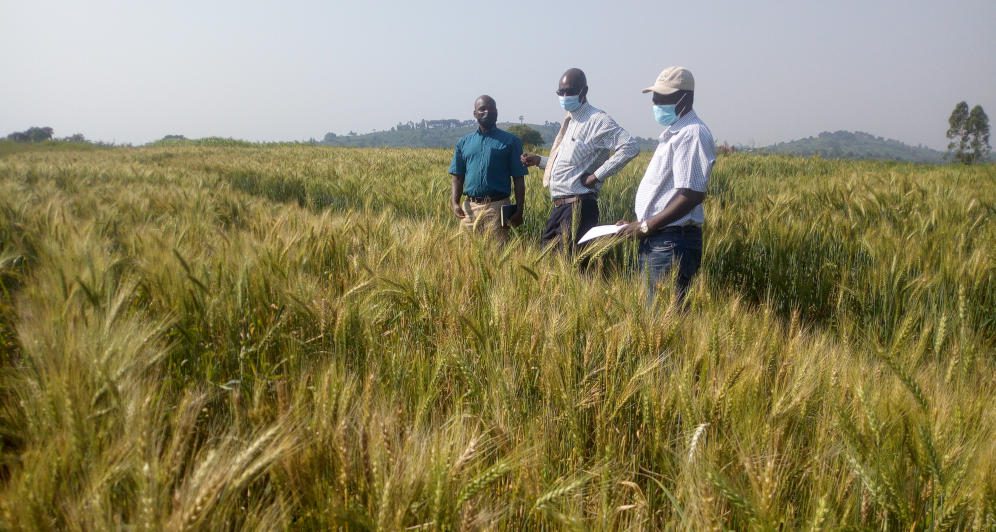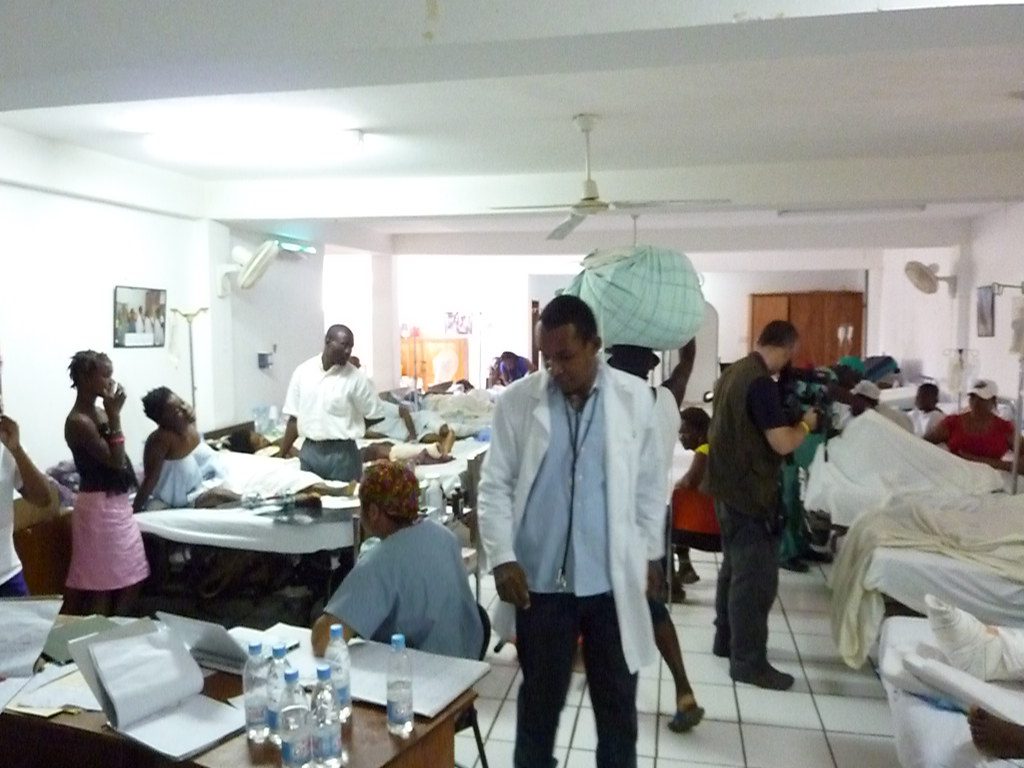SGCI News
2021 SGCI Regional Meeting Spotlights the Importance of Research and Development Roadmaps The SGCI held its Virtual Regional Meeting on 29-30 June, 2021 to facilitate cross learning, experience sharing, and…
2021 SGCI Regional Meeting Spotlights the Importance of Research and Development Roadmaps
The SGCI held its Virtual Regional Meeting on 29-30 June, 2021 to facilitate cross learning, experience sharing, and networking amongst the Science Granting Councils (SGCs) and with other continental and global STI actors. The meeting discussed pathways for developing research and development (R&D) roadmaps that can influence national research agendas. Joining the SGCI key actors was the the United Kingdom’s Department for Business, Energy and strategy (BEIS).
In their opening remarks, Prof. Tom Ogada, the Executive Director, African Centre for Technology Studies (ACTS), noted the importance of R&D roadmaps in Africa. “This is an important framework which governments can use to inform resource allocation, research priorities and support implementation of related policies” Prof. Ogada emphasized.
Lucy Absolom, the Head of R&D Strategy at BEIS, shared their experiences in the process of developing UK’s research and development roadmap. They highlighted that it is paramount to get the process right to ensure that the outcome is embraced by all key actors. Absolom emphasized that intentional engagement of multiple stakeholders from the onset is fundamental to the success of a viable R&D roadmap that can influence national research agendas and enhance development.
Key lessons from Uganda, Burkina Faso and Namibia demonstrated progress and challenges faced by African countries in developing research and development roadmaps. Inoussa Zongo, National Coordinator of the SGCI in Burkina Faso emphasized that intentional resource allocation for R&D is critical to ensure prioritization of national research agendas. Namibia’s STI policy has a sharp focus on increasing and enhancing strategic partnerships to leverage more resources towards its R&D agenda. Vincent Nowaseb, the General Manager for Innovation and Technology Development at Namibia’s National Commission on Research, Science and Technology provided an overview of the country’s STI policy which is anchored on nine objectives that are entrenching the application of STI across various sectors. Uganda has developed its national research agenda and a draft STI policy. These policies have enabled the government to commit an increase in its gross expenditure on science, encourage private sector to invest in research and innovation for development, and is working to increase the number of annual internationally registered patents from two as recorded currently to 50 by the year 2025. Uganda is further exploring the potential of indigenous knowledge systems to contribute to and enhance its R&D strategy.
The meeting highlighted the need for collaboration across sectors, early multi-stakeholder engagement, and contingency planning as important in developing a robust roadmap. Namibia for example, embarked on the review of its STI policy in 2015, through a highly consultative process with ministries and agencies, NGO’s, academia and civil society organizations. The meeting applauded the important role SGCs play in driving research and development, given their mandate of advising governments on STI-related strategies, and shaping national research agendas.
For more information, contact:
Dr Maurice Bolo, Scinnovent Centre
Email: Bolo@scinnovent.org
Related News
Mozambique’s new STI policy to drive development
Mozambique’s new science, technology and innovation policy aims to drive sustainable development and productivity. By Francis Kokutse Mozambique’s new science, technology, and innovation (STI) policy will drive economic growth and sustainable development while addressing societal challenges, researchers say. Approved by Mozambique’s cabinet on 21 May,…
Uganda fights wheat gap with heat-resistant crop
Uganda develops new heat-resistant wheat varieties to boost domestic production and reduce reliance on imports. By Funke Ishola New climate-resistant wheat varieties developed in Uganda will reduce reliance on foreign exports and support local food production, according to agricultural researchers. Across Sub-Saharan Africa, there is…
Go Data, software to improve malaria surveillance in Burkina Faso
L’outil numérique développé par l’OMS et le Réseau mondial d’alerte et d’action en cas d’épidémie contribue à lutter efficacement contre la maladie. Par : Abdel Aziz Nabaloum L’Organisation mondiale de la Santé (OMS) et le Réseau mondial d’alerte et d’action en cas d’épidémie (GOARN) ont mis…
Research and Resources

SGCI funded projects
Information on projects funded by SGCI coming soon!
Information on projects funded by SGCI coming soon!





